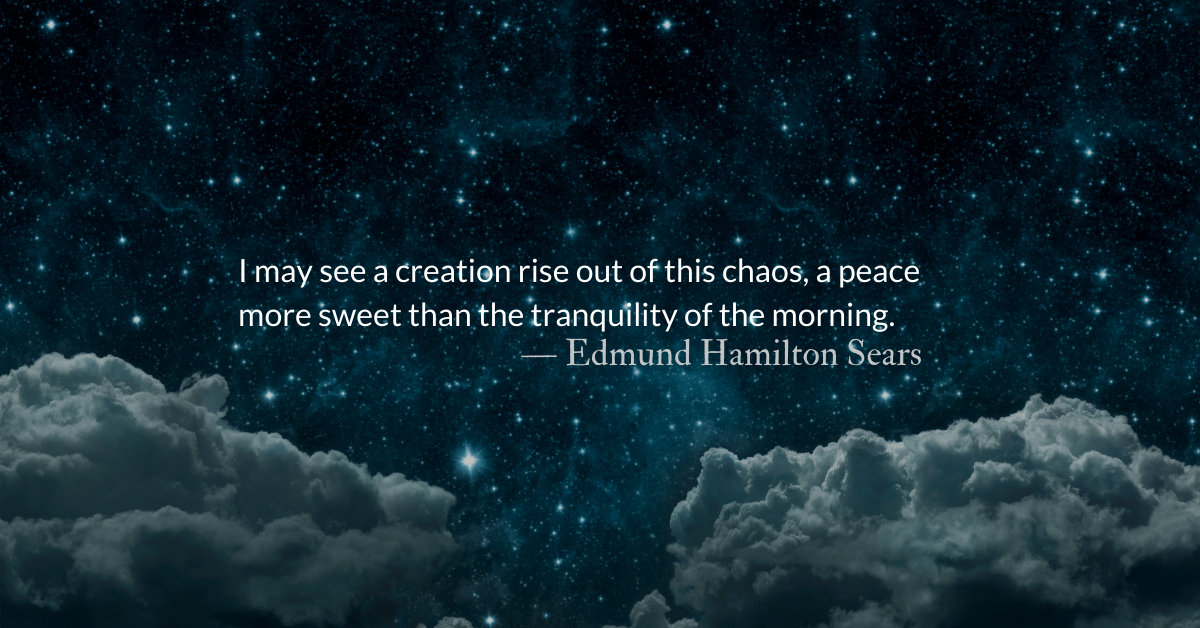Scripture Focus: Matthew 19.7-10
7 “Why then,” they asked, “did Moses command that a man give his wife a certificate of divorce and send her away?”
8 Jesus replied, “Moses permitted you to divorce your wives because your hearts were hard. But it was not this way from the beginning. 9 I tell you that anyone who divorces his wife, except for sexual immorality, and marries another woman commits adultery.”
10 The disciples said to him, “If this is the situation between a husband and wife, it is better not to marry.”
Genesis 21.13
13 I will make the son of the slave into a nation also, because he is your offspring.”
Luke 15.16-17
16 He longed to fill his stomach with the pods that the pigs were eating, but no one gave him anything.17 “When he came to his senses, he said, ‘How many of my father’s hired servants have food to spare, and here I am starving to death!
Reflection: Waking Up With Pigs
By John Tillman
Moses (not God) “permitted” divorce and Abraham sent his “slave wife” away (in tomorrow’s reading) for the same reason. This reason was explained by Jesus generations later:
“Because your hearts were hard…”
God offers grace even for our worst, hard-hearted mistakes in which we misunderstand or disobey him. Abraham and Sarah sought solutions from their own culture instead of relying on God’s promise. They twisted God’s plan to justify sexual exploitation and their sin produced a “slave wife” and a “son of a slave.”
Their hearts were hard. They did not believe God fully and they rationalized that the ends justify the means. Then their hearts became harder. When they realized their error, they rejected the evidence of their sin by sending Hagar and the child away. Though they hardened their hearts, God did not. God saved Hagar from her situation and blessed the child produced from her victimization.
Each time a person rejects God’s heartfelt invitation, their heart grows a little harder. Each time they look away from his outstretched arms, their sight dims. Each time they tune out his calls and cries to repent, their sense of hearing diminishes.
Even Christ’s disciples missed the point of his message. They thought the solution to the question about divorce was not to marry.
“If we don’t marry, we don’t have to be soft-hearted.”
How foolish. The solution is, instead, to become soft-hearted children like our soft-hearted God.
God deals with hard-hearted people throughout the Bible. God is consistently calling, pleading with the hard-hearted to return to him. He holds out love and kindness to coax them. He grants them mercy and grace if only they will return.
Our hard-hearted errors can be redeemed by our loving God, but the better lesson to remember is that our hard hearts can be softened again. In humbling, shocking moments the hard-hearted can come to our senses like the prodigal among the pigs.
Have Christians awakened to find ourselves among a trampling herd of violent pigs? Are we shocked awake to the shame of our state? Have we recognized our hunger for the pods the pigs are eating? Perhaps, having a taste of the pods can finally turn our stomach and wake revulsion for our wrongdoing.
Let us return to our loving father, quitting the pig-sty, abandoning our stubbornness. Let us humble ourselves, soften our hearts, and return home.
Divine Hours Prayer: The Call to Prayer
Love the Lord, all you who worship him; the Lord protects the faithful, but repays to the full those who act haughtily. — Psalm 31.23
– Divine Hours prayers from The Divine Hours: Prayers for Autumn and Wintertime by Phyllis Tickle
Today’s Readings
Genesis 20 (Listen – 2:39)
Matthew 19 (Listen – 4:04)
Read more about Seeking Righteousness
There should be a clear and recognizable difference in the way that Christians interact with social and political unrest because we are not a people of unrest.
Read more about Leaders Against Oppression
May we work to ensure that the powerful are warned not to be abusive. May we live in such a way that others will not be dispossessed.











